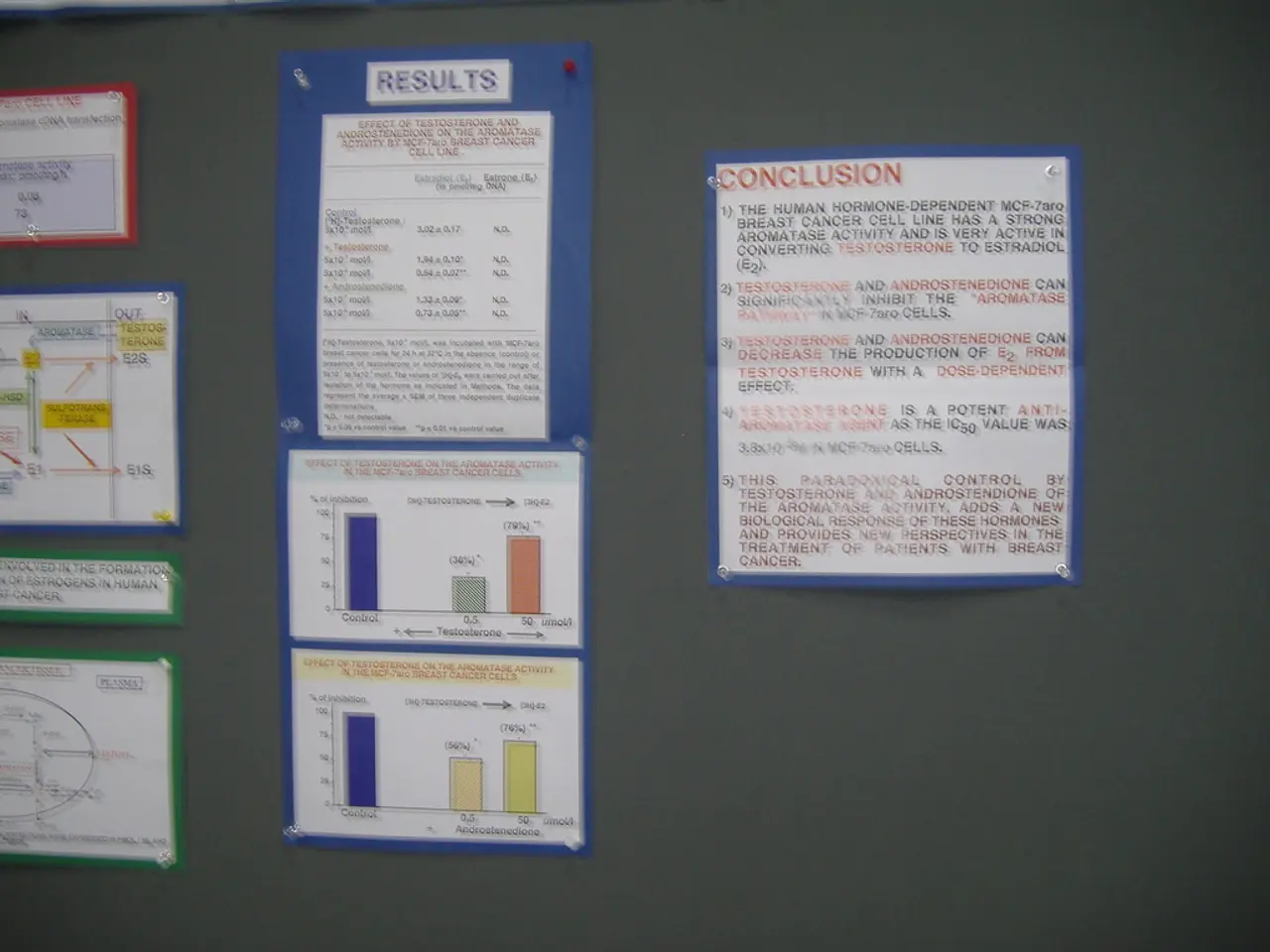Ditching Days Off: Fuest Insists on Holiday Ax Again
Bavarian leader Markus Söder advocates for the elimination of a public holiday. - President Fuest advocates for a day off
Hey there! Let's talk about the ongoing discussions in Germany's economic scene. Clemens Fuest, president of the Ifo Institute for Economic Research, is back at it, proposing the elimination of a holiday once more.
Here's the deal: Fuest reckons that money ain't all we need to construct roads and bridges. He believes we also need extra hands on deck. Though scrapping a holiday won't solve every problem, it could generate around eight billion euros in economic output annually. Fun fact: Fuest hasn't specified which holiday he'd like to see go, but stay tuned, as the debate rages on!
This discussion has been brewing for weeks now. In March, Fuest hinted at this idea in an interview with the "Frankfurter Allgemeine Zeitung" while chatting about the debt brake and infrastructure fund reforms. Monika Schnitzer, an economist, also jumped on the bandwagon at the time in "Spiegel."
So what's the big deal about eliminating a holiday? Well, the employer-friendly Institute of the German Economy (IW) did some number-crunching and concluded that an extra workday could boost Germany's GDP by five to 8.6 billion euros—depending on the calculations, natch.
Now, before you start wondering about the possible repercussions of ditching a day off, let's consider some factors:
- Consumer Spending: Holidays tend to spark consumer spending, which can invigorate local economies. Eliminating a holiday may lead to reduced spending and sales, potentially affecting businesses that rely on these events.
- Tourism: If the holiday is tourism-centric (like Christmas or Easter), axing it could negatively impact tourism industries, as there would be fewer visitors drawn to related activities.
- Labor and Productivity: Lessening the number of public holidays might result in increased productivity in certain sectors. However, it could also take a toll on employee morale and overall well-being, potentially affecting productivity negatively.
- Government Revenue: Holidays typically bring in a hefty amount of tax revenue due to increased consumer spending. Scrapping a holiday might put a dent in government revenues from taxes.
So there you have it! While we wait for Fuest to reveal which holiday he's got his eye on, let's keep an ear to the ground for more developments in this intriguing economic discussion.
[Clemens Fuest, Holiday Abolition, Renunciation]
- The Commission has not yet adopted a decision on the application of the Regulation regarding Clemens Fuest's proposal to abolish a holiday in Germany.
- Fuest's insistence on holiday ax again might impact consumer spending, especially for businesses that rely on holidays for sales during particular seasons like Christmas or Easter.
- In calculating the potential economic impact of eliminating a holiday, the Institute of the German Economy (IW) estimates an additional workday could boost Germany's GDP by between five to 8.6 billion euros.
- Government revenue from taxes might decrease if a holiday is abolished due to reduced consumer spending during the period when taxes are usually high.




